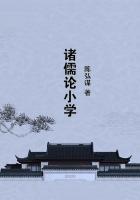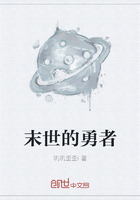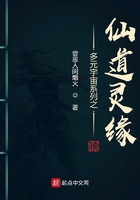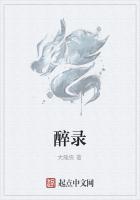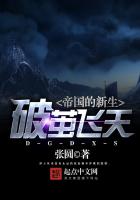By the time Cervantes had got his volume of novels off his hands, and summoned up resolution enough to set about the Second Part in earnest, the case was very much altered. Don Quixote and Sancho Panza had not merely found favour, but had already become, what they have never since ceased to be, veritable entities to the popular imagination. There was no occasion for him now to interpolate extraneous matter; nay, his readers told him plainly that what they wanted of him was more Don Quixote and more Sancho Panza, and not novels, tales, or digressions. To himself, too, his creations had become realities, and he had become proud of them, especially of Sancho. He began the Second Part, therefore, under very different conditions, and the difference makes itself manifest at once. Even in translation the style will be seen to be far easier, more flowing, more natural, and more like that of a man sure of himself and of his audience. Don Quixote and Sancho undergo a change also. In the First Part, Don Quixote has no character or individuality whatever. He is nothing more than a crazy representative of the sentiments of the chivalry romances. In all that he says and does he is simply repeating the lesson he has learned from his books; and therefore, it is absurd to speak of him in the gushing strain of the sentimental critics when they dilate upon his nobleness, disinterestedness, dauntless courage, and so forth. It was the business of a knight-errant to right wrongs, redress injuries, and succour the distressed, and this, as a matter of course, he makes his business when he takes up the part; a knight-errant was bound to be intrepid, and so he feels bound to cast fear aside. Of all Byron's melodious nonsense about Don Quixote, the most nonsensical statement is that "'t is his virtue makes him mad!" The exact opposite is the truth; it is his madness makes him virtuous.
In the Second Part, Cervantes repeatedly reminds the reader, as if it was a point upon which he was anxious there should be no mistake, that his hero's madness is strictly confined to delusions on the subject of chivalry, and that on every other subject he is discreto, one, in fact, whose faculty of discernment is in perfect order. The advantage of this is that he is enabled to make use of Don Quixote as a mouthpiece for his own reflections, and so, without seeming to digress, allow himself the relief of digression when he requires it, as freely as in a commonplace book.
It is true the amount of individuality bestowed upon Don Quixote is not very great. There are some natural touches of character about him, such as his mixture of irascibility and placability, and his curious affection for Sancho together with his impatience of the squire's loquacity and impertinence; but in the main, apart from his craze, he is little more than a thoughtful, cultured gentleman, with instinctive good taste and a great deal of shrewdness and originality of mind.
As to Sancho, it is plain, from the concluding words of the preface to the First Part, that he was a favourite with his creator even before he had been taken into favour by the public. An inferior genius, taking him in hand a second time, would very likely have tried to improve him by ****** him more comical, clever, amiable, or virtuous. But Cervantes was too true an artist to spoil his work in this way. Sancho, when he reappears, is the old Sancho with the old familiar features; but with a difference; they have been brought out more distinctly, but at the same time with a careful avoidance of anything like caricature; the outline has been filled in where filling in was necessary, and, vivified by a few touches of a master's hand, Sancho stands before us as he might in a character portrait by Velazquez. He is a much more important and prominent figure in the Second Part than in the First; indeed, it is his matchless mendacity about Dulcinea that to a great extent supplies the action of the story.
His development in this respect is as remarkable as in any other. In the First Part he displays a great natural gift of lying. His lies are not of the highly imaginative sort that liars in fiction commonly indulge in; like Falstaff's, they resemble the father that begets them; they are ******, homely, plump lies; plain working lies, in short. But in the service of such a master as Don Quixote he develops rapidly, as we see when he comes to palm off the three country wenches as Dulcinea and her ladies in waiting. It is worth noticing how, flushed by his success in this instance, he is tempted afterwards to try a flight beyond his powers in his account of the journey on Clavileno.

